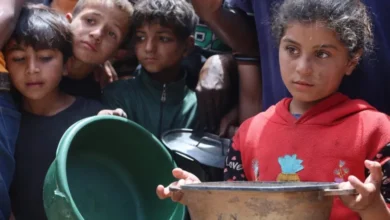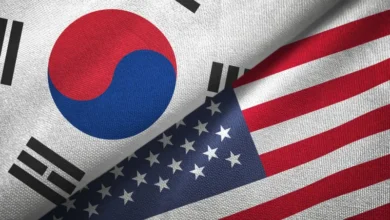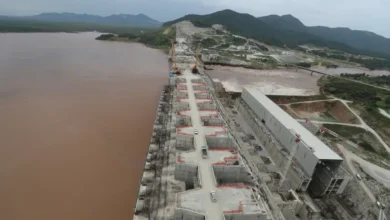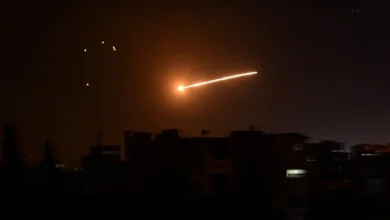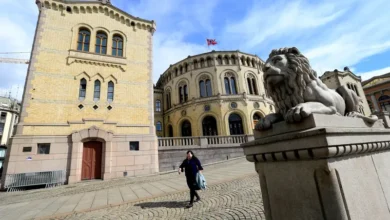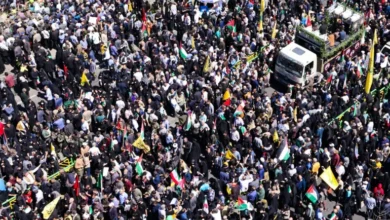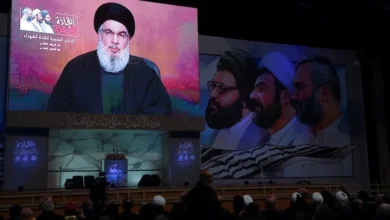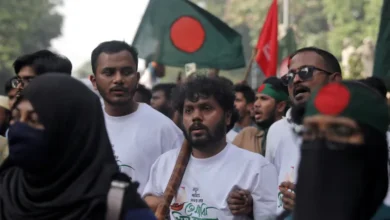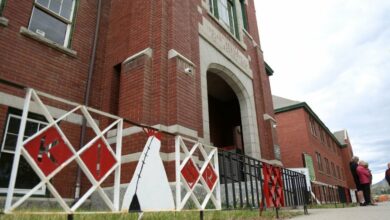Security operations in Jenin put spotlight on Palestinian Authority
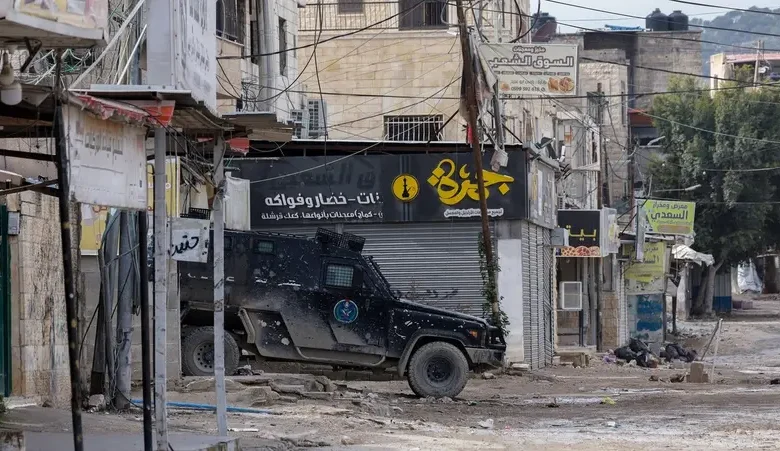
Palestinian Authority security forces are struggling to win the trust of residents of Jenin as they try to assert control over the city, a historic center of militancy in the Israeli-occupied West Bank.
The security forces entered Jenin in early December and set up checkpoints around the city and its adjacent refugee camp, hoping to strengthen the PA’s position before a shakeup of Palestinian politics that is expected once the war in Gaza ends.
PA officials say the Authority wants to prevent Hamas and Islamic Jihad militants gaining the upper hand in Jenin and the wider West Bank, and establishing a rule similar to that of Hamas in Gaza which might antagonize Israel.
The PA also hopes that by proving itself in the West Bank, it will boost its chances of having a role in post-war Gaza, political analysts say.
But the PA security forces have faced strong opposition in Jenin, and have fought clashes with militant fighters in the small city in the north of the West Bank. Clashes have also broken out in other West Bank cities including Tubas in the Jordan Valley and Tulkarm in the north.
Some Jenin residents complain about the price they are paying as the PA, which is seen by many Palestinians as corrupt and ineffective, tries to assert its authority in Jenin.
“Civilians have been killed,” said Mohammad Jarbou, 65, a resident of Jenin refugee camp. He said his son had been wounded inside his house by a stray bullet that hit his left arm, adding: “The situation is catastrophic.”
The PA security forces have made large numbers of arrests in Jenin refugee camp and at least 13 people have been killed in clashes in the city and camp so far including six PA security officers and one gunman, officials say.
The militants seem unfazed.
“We are a small group and they want to eliminate us in order to receive control over Gaza,” said a masked Palestinian militant.
Referring to the militants’ resistance, the fighter said: “Thank God, from the hornets’ nest in Jenin we let out our hornets on them, and we will maintain our steadfastness, God willing.”
Commenting on the PA security forces’ operation in Jenin, an Israeli security official said: “They have a strong desire to carry out security operations but their abilities are not good.”
Aftershocks of Gaza war
The aftershocks of the Gaza war have stoked tensions in the West Bank, with Jewish settlers attacking Palestinians in addition to the clashes between PA security forces and militant fighters.
The PA, which exercises limited self-rule in the West Bank, was set up three decades ago under the Oslo interim peace accords and given limited authority in the West Bank and Gaza, where Palestinians hope for an independent state. It was driven out of Gaza by Hamas in a 2007 civil war.
Israel says it believes the PA should have no role in Gaza after the war ends there, but most Western and Arab countries say Gaza must be run by Palestinians and they expect a role for the PA.
In the past few weeks, heavily armed Palestinian security forces in armored personnel carriers have set up checkpoints around Jenin and its refugee camp, where there have been repeated protests by residents against the operation.
The city and refugee camp have long been a center of Palestinian militancy, where fighters have clashed with Israeli forces mounting large-scale raids that left trails of smashed roads and infrastructure.
“I personally left the camp a month ago due to these incidents in the camp and since it’s under siege, without electricity or services,” said Usama al-Hajj, whose brother was killed in Jenin. “Enough of the bloodshed.”
His family said the brother was killed by PA forces. The PA said he was killed by militants.
Residents say the PA is not tackling shortages of electricity, water and a sewage crisis. Schools are not functioning. Some liken the PA security forces’ action to how the Israeli army has traditionally acted in Jenin.
“We need our education, and need to learn,” said Ala Irnawi, a 12-year-old resident of Jenin refugee camp.
“Why did you put us under a siege and what did we do to deserve that? We want to be able to learn and have security, and what you are doing is not safe for children.”
